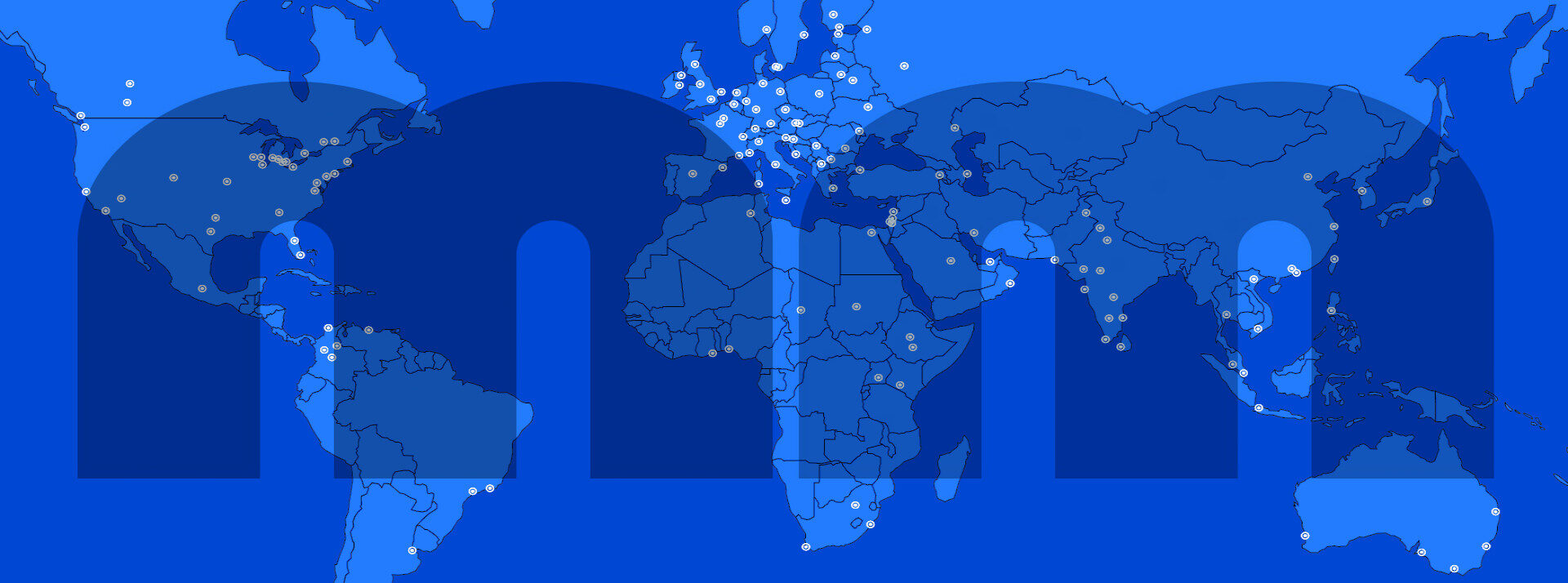How will Mobile Services Play in Achieving Financial Inclusion? Blog
Posted on: March 26, 2011 – Filed under: Kampala
I had no sooner sat down at the boardroom table when my colleague started to paint the landscape, revealing to me the extent to which financial exclusion was effectively choking opportunities for the vast majority of the people of Uganda to improve their own lives, 82% to be precise. With only as many as ten percent of the people having proper bank accounts, and another eight percent enjoying the benefits of owning accounts in microfinance institutions (MFIs), and savings and credit cooperatives (SACCOs) there was a lot of work to be done to achieve financial inclusion.
However mobile money was beginning to take off here. And it seemed to be the way ahead for the multitudes of the unbanked, many of whom would know a little about banks. Some would know from their own experiences, others from stories they’d heard from friends and relatives, enough to know that banks were probably not for them. People in the village may have had their first experience with a bank when they had had to travel to Kampala from the village in a shared taxi to pay school fees. They had had to queue, sometimes for hours, with a line of people encircling the branch of the bank designated for paying school fees; they knew something about banks. They might have also noticed that notions of self respect and dignity seemed different in the big town or city. Keeping up appearances was of secondary importance. Those who lived in the village pondered on how to spend their time and energies economically, so as to sync with the cycles of nature, managing how they would work during daylight hours, take advantage of cool times and hot times, wet and dry seasons. They were diligent to care for the soil, plant and attend to their crops, harvesting, preserving, and preparation of food. No one needed to tell them that it was the farmer that made the world go round; farming kept their world going round.
Though they strove to help the children stay clean, made sure their clothes were in good condition for going to school, that would be about as close as anyone wanted to get conforming to others’ expectations. Keeping up outward appearances was all well and good so long as you kept your priorities straight, kept your soul free. Having to travel to Kampala had been a necessary evil. But now they were hearing from neighbors who, between hoeing the garden and feeding the chickens, had paid school fees by mobile phone, right there in the village. Mobile money agents, foot soldiers for one of the telecoms companies, were telling them about how they could enjoy the benefits of opening their own mobile payments accounts. They were learning that they could transact business, do things in a much simpler, straight forward, friendly and honest way, more suitable to their way of life.
I had understood much of this before, but it was hitting me now, how critically important it was to the development and betterment of people’s lives, to the welfare of their families, communities, and, eventually, to the health of the country, that these kinds of financial services be made easily available to all. The government, aware of the need, was lowering the barriers that had previously excluded their participation in the formal economy, but would still have some ways to go yet to make it universally available in the truest sense. Some of the formalities, even for relatively small mobile payments were a real hindrance and effectively discriminated against the village peoples’ way of doing things. Regulatory frameworks would need to be re-examined to balance security issues against inclusion principles; preserving a secure and competitive environment for the sake of benefiting the poorest in the land. If it was done right mobile banking and payments would create wealth equitably for all.
My colleague had drawn a figure on the boardroom whiteboard representing a person in the village who had been effectively disenfranchised through being deprived of financial services, urging us to focus on the needs of that person. I was getting a picture that there was untapped wealth here, in the village that could turn into something like a gold rush. Mobile financial services would help people make better use of their time and minimal resources, better enjoy the richness of life around them. All kinds of innovative new services would eventually allow this to happen. The provision of mobile money could greatly improve the quality of people’s lives here, and I was getting excited at the prospect that we were tantalizing close to witnessing these changes. I had a sense of urgency about it; how could we make it happen sooner?
I learned that there was still a lot of work to be done that could fast track the process. Financial literacy was a new concept to me. Research was being carried out on how money trails could be traced, for instance, by M-Pesa users from Nairobi’s Kibera slum. Money flow patterns and financial diaries would help us better understand how things really worked, and quite possibly discover what these peoples’ needs were, and how to create the services to better meet those needs. There was a world of products and services yet to be envisioned, created. When I asked a manager at my bank yesterday what plans they had for introducing mobile services for their clients he assured me that people were not ready for that. Most of the established entities did not have a clue. I expressed my belief that Mobile money services providers and the incumbent established banking community would have to learn from each other how best they could work together, make room for each other to achieve the greater good in a more comprehensive sense. Regulators could play an important role in providing a road map for interoperability between tried and proven and newly created monetary instruments to pave the way for a rapidly emerging new landscape. This would be another facet of exclusivity. Opportunities would thus abound to ensure that the availability of relevant financial services, whether to urban middle class or village peasant, would be a reality for all.
I said in an interview I gave for CNBC Africa a couple of years ago that I thought mobile money would be a driver for the creation of all kinds of innovative new services, mobile health, mobile agriculture, mobile education. M-Pesa had just then begun to take Kenya by storm. But now it seemed Uganda was strategically placed to become one of the most interesting places on God’s Earth for the development and creation of new mobile money products and services, possibly on a par with countries such as the Philippines or Pakistan. Uganda’s ecosystems were more open, and Open Access, Open Source and Creative Commons were the tools to let things happen.
The astounding facts are that, with a hundred years of banking in this country we have only 325 bank branches, or a total of 750 if you include ATMs, yet in a matter of only two years some 2,500 mobile money agents were providing financial services to 1.4 million Ugandans right down to an honest to goodness grassroots level. It’s still early days, yet financial growth is obviously taking place at an unprecedented pace and at an unexpected level; testimonials are wafting in the wind about how rural farmers, tea estate migrant workers and their families are poised to benefit from the resulting wealth creation.
And it is becoming increasingly clear that inclusive national economic development is impossible without a comprehensive grassroots-based financial infrastructure in place. This begs the question, of the banks, MFIs, SACCOs, Bank of Uganda, NGOs, SMEs – and mobile money services providers: What is your financial inclusion plan?
Daniel Stern

